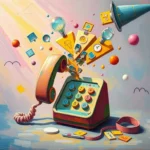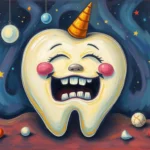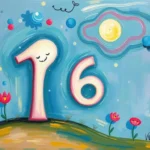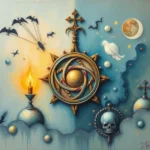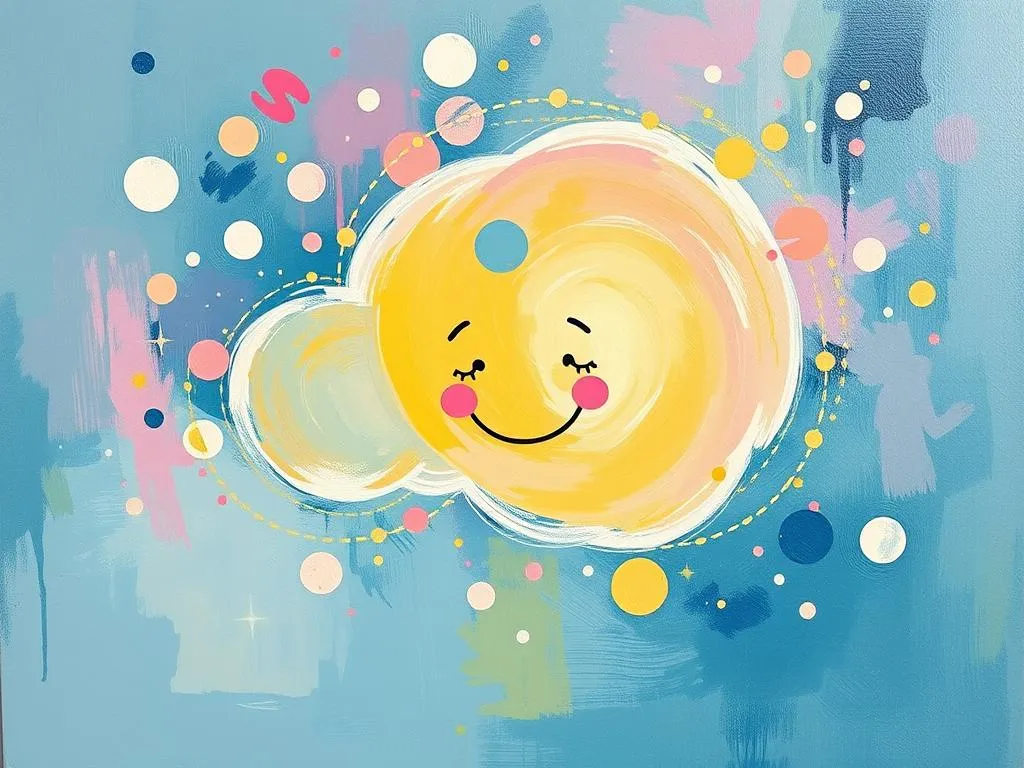
Introduction
Dreams have fascinated humanity for centuries, serving as a portal into our subconscious minds. They are often seen as reflections of our deepest anxieties, desires, and thoughts. Among the myriad of dreams we experience, the symbol of “My” stands out as particularly intriguing. This symbol can embody personal identity, ownership, and emotional connection, leading us to ponder what it signifies in our waking lives. Understanding why we dream of possession, particularly in a personal context, sheds light on our inner worlds and the dynamics of our relationships.
Symbolism and Meaning
The symbol of “My” in dreams can resonate with a multitude of meanings. At its core, it often represents ownership—not just of material possessions but also of emotions, experiences, and relationships. When we dream of something that belongs to us, it suggests a strong connection to that object or person, revealing our attachment and investment in them.
In a broader sense, “My” can also symbolize self-identity. This is particularly relevant in dreams where the symbol appears alongside other elements. For instance, if we dream of a house labeled “My Home,” it might indicate our feelings about our personal space, comfort, and security. Alternatively, a dream featuring “My Job” could reveal underlying emotions about our career choices and aspirations.
Different cultural perspectives can also affect the interpretation of this symbol. In some traditions, dreams involving personal ownership might be viewed as empowering, suggesting that we are in control of our destiny. In contrast, other interpretations may focus on the potential burdens of ownership, revealing anxieties associated with responsibility and commitment.
The emotional context of the dream plays a crucial role in decoding the meaning of “My.” For example, feeling joy when encountering a “My” item could suggest satisfaction and pride in one’s achievements, while feelings of anxiety or loss might indicate fear of losing what is cherished. This multifaceted nature of the symbol encourages deeper self-exploration and reflection.
Key Scenarios and Variations
Variations of the “My” symbol in dreams can significantly alter its interpretation. For instance, dreaming about “My Childhood” may evoke nostalgia, indicating unresolved issues or unhealed wounds from the past. Here, the symbol becomes a vessel for exploring personal history and growth, prompting us to confront memories that shape our present self.
Another common scenario is dreaming of “My Partner” or “My Family.” These dreams often reflect our feelings towards our relationships and can reveal underlying tensions or desires for connection. If the dream is positive, it may indicate a strong bond and contentment. Conversely, if the dream is fraught with conflict, it could highlight issues that need addressing, such as communication barriers or emotional distance.
Additionally, dreaming about “My Future” can evoke feelings of apprehension or excitement. This variation often signifies our hopes and fears about what lies ahead, urging us to evaluate our goals and ambitions. This dream scenario serves as a reminder that we hold the power to shape our future through our choices and actions.
In contrast, dreaming of “My Loss” or “My Regret” can signify unresolved feelings about past decisions. Such dreams may challenge us to confront emotions we have buried, encouraging us to seek closure or reconciliation within ourselves. The presence of “My” in these contexts suggests a personal stake in the situation, emphasizing the importance of facing our feelings head-on.
Even variations that seem trivial, like “My Shoes” or “My Car,” can carry significant implications. For example, shoes may symbolize the journey we are on, while a car could represent our path in life. The emotional state associated with these symbols will guide the interpretation, revealing our attitudes towards our current situations.
Real-Life Connections and Takeaways
Understanding the significance of the “My” symbol in dreams can lead to valuable insights in our waking lives. To connect these dreams with real-life situations, readers are encouraged to engage in self-reflection. Consider what the symbol represented in your dream and how it relates to your current emotional state or life circumstances.
For instance, if you dreamt of “My Friend,” think about your relationship with that person. Are there unresolved issues or feelings of distance? Alternatively, if the dream was positive, it could reinforce the importance of nurturing that relationship. This reflection can foster deeper connections and emotional clarity.
Additionally, exploring the emotional tone of the dream is crucial. Ask yourself whether you felt joy, fear, or anxiety. Understanding these emotions can reveal underlying thoughts and feelings that may need addressing. For example, if you often dream of “My Past” with a sense of sadness, it might be beneficial to explore how past experiences influence your current identity and relationships.
Practical advice for personal growth could include journaling about the dream, noting any symbols, emotions, and connections to your waking life. This practice allows for deeper exploration of your subconscious, unveiling insights that can guide your actions and decisions.
Moreover, consider discussing your dreams with trusted friends or a therapist. Sharing your experiences can provide external perspectives, enriching your understanding and helping you navigate complex emotions.
Overall, dreams featuring the “My” symbol serve as powerful catalysts for personal exploration and growth. By reflecting on these dreams, we can gain valuable insights into our identities, relationships, and emotional landscapes, ultimately leading to a more fulfilling life.
In conclusion, the dream symbol “My” is a profound representation of personal ownership, identity, and emotional connection. By understanding its various meanings, exploring key scenarios, and reflecting on real-life connections, we can harness the power of our dreams for deeper self-awareness and personal growth. As you continue to explore your dreams, remember to approach them with curiosity and openness, allowing them to guide you on your journey of self-discovery.
